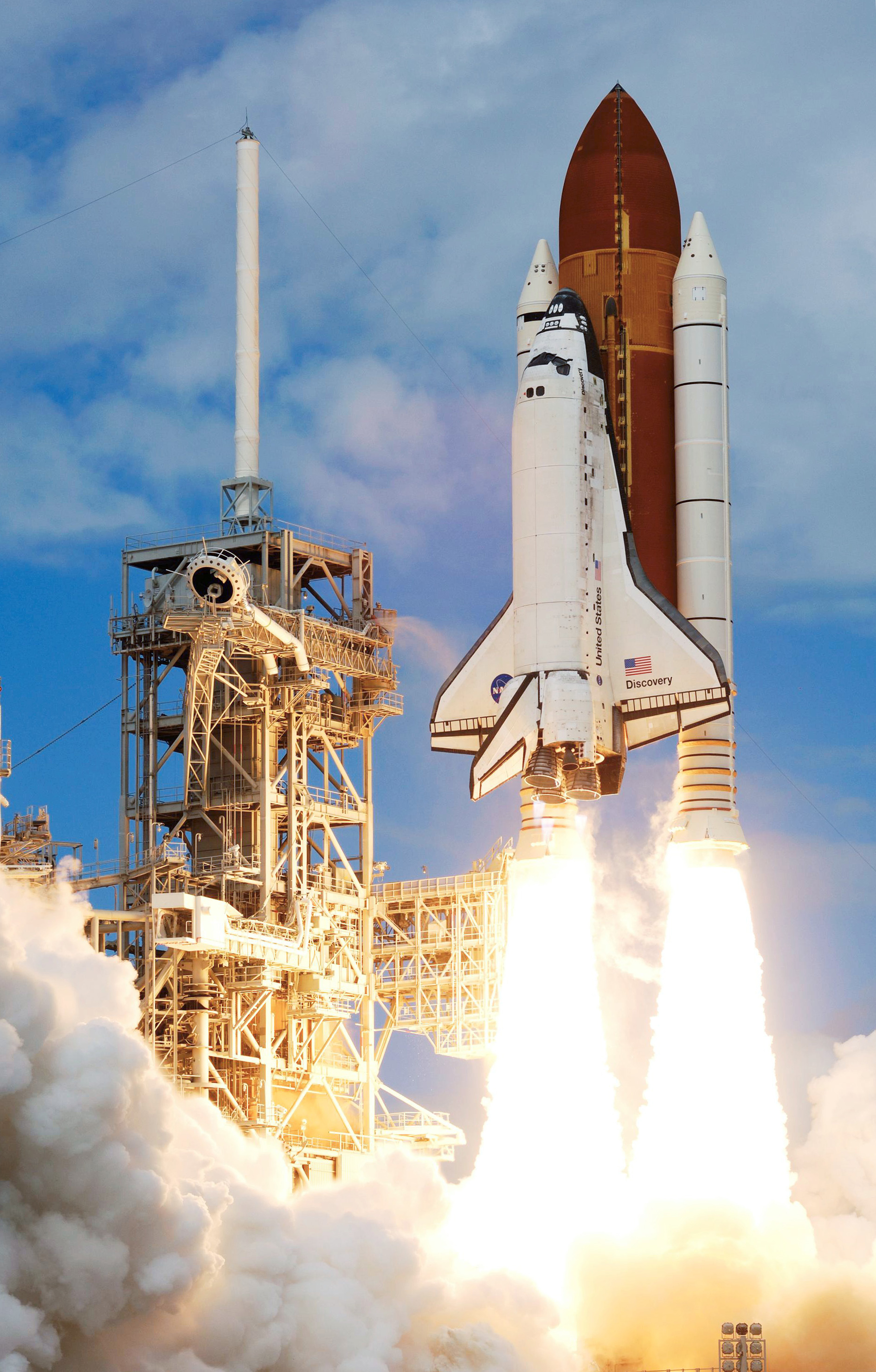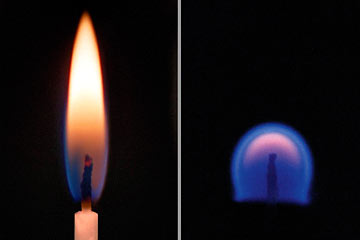Should we bother with Space Exploration
By Benji Marshall.21 Apr 2016
Space exploration is an expensive and dangerous human endeavour, but it also is very rewarding and captivating. The entire Space Race between the USA and USSR was based upon the fact that both sides wanted to look more technologically advanced than the other side.The USA and the USSR spent billions on the Space Race outdoing each other for political and scientific gains. The USA won the Space race when they landed men on the moon, and they stopped spending the same vast quantities of money because there didn’t seem to be any reason to continue. They still have made advances, with orbital space stations such as the International Space Station (ISS), and space shuttle programs, but as they turn to new endeavours such as potential manned missions to Mars, it is worth discussing the merits and difficulties of space exploration.
Space exploration often is costly. NASA’s Space Shuttle in particular was a supremely expensive vehicle, with each mission costing $450 million, and a significant part of this price was the cost of launching it. Costs of launching rockets could be significantly reduced if all of the rocket could be recovered in an intact state, but the Space Shuttle system was not able to do this. The large orange tank was discarded during launch, and the white boosters needed months of costly refurbishing after retrieval from the Atlantic Ocean, before they could be reused. Only in 2015 did the first stage of a rocket land successfully, designed by a private corporation called SpaceX.
The most publicly apparent risk of space exploration is the danger to human life. The Challenger disaster is an example of this: it occurred when a rubber seal ring on one of the booster leaked, causing the rocket booster to tear itself from the rest of the rocket, the rocket then broke apart and killed all of its occupants. This was all broadcast on live TV, to the horror of an international audience.

The Space Shuttle Discovery
So, space exploration isn’t easy. Why should we even bother at all? The fact that space exploration is so challenging, is a reason to continue. Humanity makes its greatest technological when it is competing against something, against the odds. The concept of a rocket was designed by German scientists for use in the Second World War, and the ARPANET (a precursor to the Internet) was designed for use in a Nuclear Apocalypse. However, humans needn’t be competing against fellow humans, they can instead compete with all of the challenges space exploration provides.
Through work at NASA there has been improvements to equipment used by firefighters. Using data collected during the Apollo missions NASA was able to build much lighter breathing apparatus and better harnesses for firefighters. It is thought that the aid given by NASA prevented injuries and fatalities suffered by firefighters increasing at dramatic rate, as in the 70s toxic fumes were becoming a greater risk for firefighters but with the new equipment danger of toxic fumes was virtually eradicated.
Advancements in robotics were made for the construction of the ISS, which the British astronaut Tim Peake has recently boarded. Several robotic arms are attached to the outside of the space station, and the Space Shuttle sometimes carried a robotic arm to when it flew. Robotic arms aboard the ISS are used to maintain the station, repairing and replacing broken parts, and installing new parts. Complicated maintenance procedures need astronauts to leave the space station, and preparing to leave the space station is a time consuming process, so robotic arms are preferred to save the astronauts time. The arms can even be operated by mission controllers on Earth. However useful robotic arms are, to have them to be comparable to human astronauts in many situations require them to be very dextrous and precise, more so than was possible at the time of the ISS’ design. Engineers managed to design sufficiently useful arms, and the advances made have been reapplied on Earth in other fields. Perhaps the most spectacular example of this was the case of Paige Nickason, her brain tumour was removed by a robotic arm called neuroArm, in an MRI machine. neuroArm was operated by a human surgeon, but offered a greater deal of precision than the human surgeon could offer, allowing Nickason’s especially complicated brain tumour to be successfully operated upon.
The ISS is used as an international research station, with the unique property of its microgravity. Researching common objects and processes can give different and enlightening results. With very little, convection currents do not form as readily, so flames are smaller and more uniform. It is hoped that research into combustion aboard the ISS will make more efficient combustion engines possible. Also, biological chemistry is slightly different in

A candle on Earth and one in microgravity
Space technology can also directly benefit humanity; many people use it and take it for granted every day. The Global Positioning System (GPS) is an array of 32 satellites transmitting a signal, and if the precise positions of several satellites are known, the receiver can calculate its position on the Earth. Satellites are also used for communications, both with probes in outer space, and to broadcast information such as TV channels and Internet connections.
A question that has frequently been addressed by science fiction is “Will the future of human life make use of the ability to move to another planet?” The film Interstellar and television and film series Star Trek address this question. So far, humans have only visited the moon for hours at a time, and the only place humans have successfully landed is the moon, so humanity would not be able to sustain life on another moon or planet for years to come. We do not know whether interstellar travel will be invented, much less used, but it could be a viable solution to problems such as Earth becoming less habitable due to climate change, or if overpopulation becomes a much larger issue.
Space exploration also helps answer society’s more existential questions such as “Are we alone in the universe?” and “How did life start on Earth?” By chemically investigating samples from the surface of planets and asteroids, space agencies look for remnants of past life, and life that might be beginning to develop. There have been no definite discoveries of life on different planets or asteroids, though liquid water has been found on Mars, and asteroids have been found containing complex organic chemicals, so humanity might not be alone in the universe, but continued space exploration is the only way to find out, short of aliens flying to our doorstep.
Space exploration maybe be a dangerous and expensive business, but it does have definite benefits. The technological challenges it provides drives innovation, second only to wars (without the need for death and destruction). If the human race is ever to become a space faring race that could be depicted in a current Science-Fiction novel, we need to start putting the effort in now. If it was suggested to anyone at the turn of the 20th century that in seventy years there would be men on the moon, they would not have believed it. Likewise, what unthinkable achievements could we attain in seventy years’ time, if we chose to invest in space exploration?